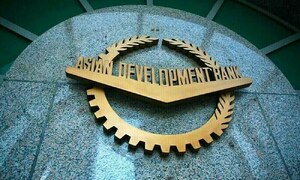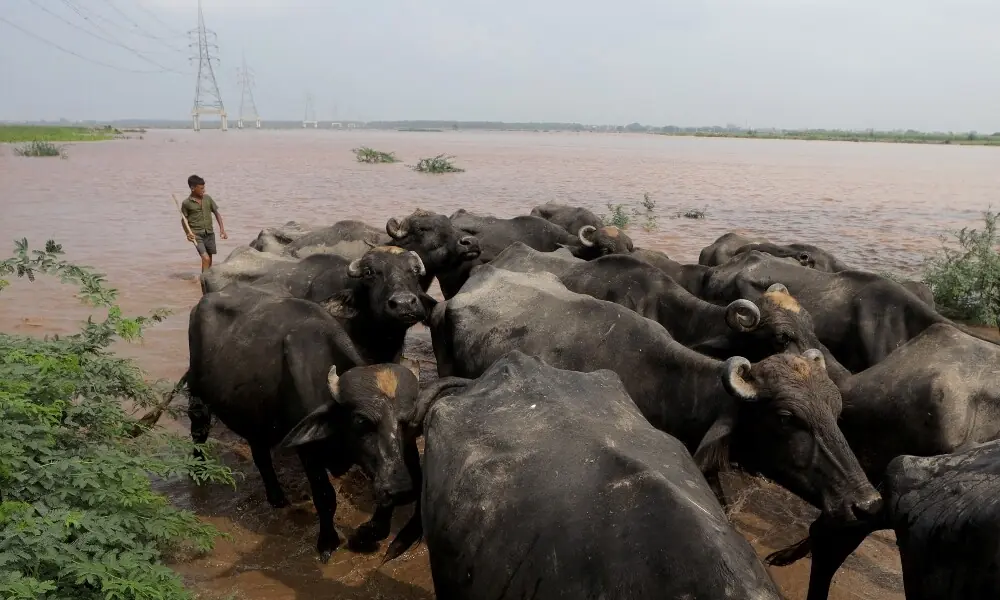It is generally believed that success comes after taking a right step at a right time. Right step at wrong time or a wrong step at a wrong time will not give the desired result. This formula is so simple yet some of our politicians are not adhering to it for one reason or the other.
Former information minister and PML (Q) senator Muhammad Ali Durrani on Thursday moved a draft bill to the Senate secretariat, seeking to amend the Constitution to simplify the process of creating new provinces. He did call for creating a new province in Southern Punjab though he did not remain restricted only to this idea.
However, he also said that initially restoration of provincial status to Bahawalpur would undo the injustice to the former princely state done by late dictator General Yahya Khan. He called for creating 16 more provinces.
Durrani's draft bill is aimed at changing the way, which is currently in practice, for forming new provinces. Under the existing constitutional provisions, the parliament and the provincial assemblies required a two-thirds majority to form new provinces. "This should be done with simple majority," he strongly advocated.
It is very difficult to say that Senator Durrani's step is right one taking place at wrong time or it is wrong step at a wrong time. Pakistan is currently at the very crucial juncture and it is generally believed that it needs national unity against the internal threat. It is not clear what would be real repercussions of the step, but generally speaking it would create some fissures in the politics of the country. With the existing support of the PML (Q) in Senate and the National Assembly, the bill is not likely to get through the two houses.
It is argued again and again that there should be one-point agenda ie 'purging Swat and Fata areas from militants'. There is a need of cohesion. The public opinion has swung against the militants. Maximum benefit should be taken from this situation.
Interestingly enough, the MNAs from all political parties except the PML-N Hanif Abbasi, raised this issue at the National Assembly sitting on Friday. This was the day for the MNAs to raise the problems of their constituencies and they preferred to do this instead of raising Durrani's bill for creating more provinces. The MNAs might know the importance of the bill moved by Durrani.
But this must not have been the case for this proposed legislation. There is general perception that most MNAs, MPAs and some senators belonging to southern parts of the province, just ignore the party line when it comes to creating new province within Punjab. Their demand might be legitimate, but moving a bill for this at this stage could be a step taking place a wrong time.
From Friday proceedings, it came clear that the country runs in heavy shortages. The people are suffering from water shortage, power outages, unavailability of fertiliser etc etc. The provinces of Punjab and Sindh are at loggerheads over the distribution of water. Prime Minister Yousaf Raza Gilani told the National Assembly that no province would be given the water from any other province's share.
Gilani's statement was viewed in apparent contradiction to purportedly instructions of the President Asif Ali Zardari that Sindh must get its due water share. These instructions he issued after he held a detailed meeting with Sindh authorities in Karachi the other day. However, the presidency subsequently clarified Zardari's position on the issue after he reached the federal capital.
There is general perception that most of the parliamentarians always carry one-sided stories when it comes to raise the issue of water distribution. The MNAs from Sindh say something else while those from Punjab or southern Punjab to be exactly say entirely different thing. The MQM is raising the issues related to Karachi. In a very rare example, Babar Khan Ghouri, the minister for ports and shipping, raised his voice against the KESC management for poor power supply in the port city.
The Prime Minister assurance that provinces will get their water share in accordance with the 1991 water apportionment accord was more than thought-provoking. It is clear that 1991 water accord should be followed in letter and spirit.
There is a body which is called Indus Water System Authority (Irsa) that has to ensure that every federating unit should get due share. If there is water shortage, the provinces will share it. With the required mechanism is to ensure fair water distribution in place, the prime minister should not have given such a guarantee. Mere assurances and personal guarantees will never work for longer. The provinces will come with more grievances if any injustice is done again.
BR100
15,085
Increased By
112.5 (0.75%)
BR30
44,012
Increased By
987.7 (2.3%)
KSE100
148,618
Increased By
1274.3 (0.86%)
KSE30
45,248
Increased By
370.7 (0.83%)





















Comments
Comments are closed.